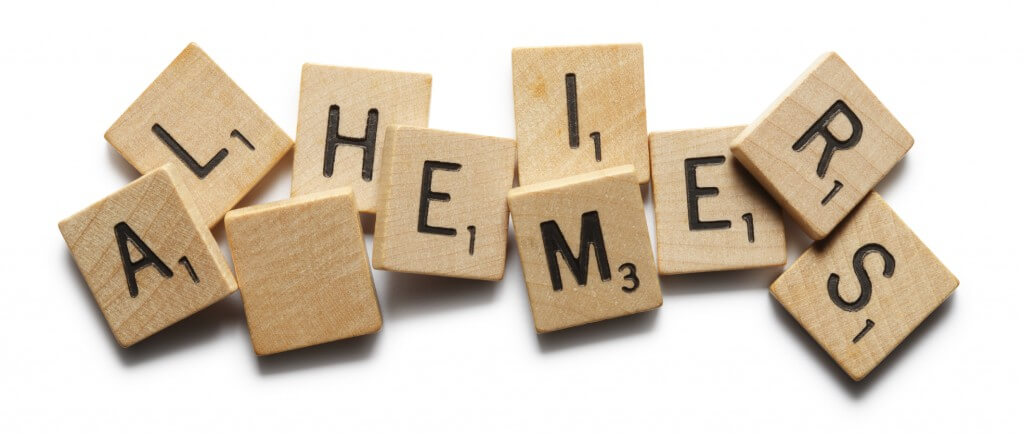
10 Alzheimer’s Warning Signs
The aging of a parent marks a new chapter in life. Learning how to care for and serve them as they have long cared for you is emotional. Often, children are on edge and analyzing every little detail of a parent’s behavior making sure they are healthy and not showing sign of mental or physical distress. A concern for many children is that their parent will develop Alzheimer’s, a form of dementia.
November is National Alzheimer’s Disease Awareness Month. During this month of awareness, it is important to understand what Alzheimer’s is and how we can work towards finding a cure for this disease. Let’s begin by distinguishing between what constitutes as healthy aging and what may be a sign of an atypical condition, like Alzheimer’s.
Typical Signs of Aging
Cognitive change is a normal part of aging and has been well-documented in scientific studies. While some abilities, like vocabulary, are resilient to brain aging, other abilities like reasoning, memory, and processing gradually decline over time. Most of these declines are subtle.
An example of normal aging may be having difficulty trying to understand a telephone number as someone rattles it off quickly or not remembering an important appointment that was scheduled months prior. Another example of a cognitive decline can be seen in the statistics of automobile accidents involving older adults.
While cognitive decline continues to happen, it can be influenced by multiple factors and vary from person to person. Here are a few things that can affect cognition in older adults:
- Physical Health
- Regular Activity Level
- Genetics
- Social Isolation and Engagement
- Overall Mental Stimulation
- Diet and Nutrition
It is important to minimize cognitive decline due to aging by focusing on a healthy lifestyle before the first signs begin to show. We recommend taking protective measures by an emphasis on the seven dimensions of wellness which emphasizes seeking to fulfill a person’s social, emotional, spiritual, environmental, occupational, intellectual, and physical needs.
Signs of Alzheimer’s Disease
Unfortunately, a rapid decline in cognitive ability or seeing regular interruptions to daily life may be indicators of Alzheimer’s Disease. It is possible that an individual may experience one or more of these symptoms but does not develop the disease. The Alzheimer’s Association has put together a list of 10 warning signs of Alzheimer’s to be aware of for an aging parent.
- Memory Loss that Affects Daily Life
- Challenges in Solving Everyday Problems
- Difficulty in Completing Familiar Tasks
- Continued Confusion with Time or Place
- Trouble Understanding Spatial Relationships
- Problems with Vocabulary
- An Increase in Misplacing Items
- Poor Judgement
- Withdrawal from Social Interactions
- Changes in Mood and Personality
Although there is currently not a cure for Alzheimer’s, early detection still matters and can go a long way in treating the disease. If a parent is showing more than one of these warning signs, we recommend you consult a doctor. Through early diagnosis, it is possible to receive treatment, relief of symptoms and clinical trials that will advance research. If you would like additional resources on Alzheimer’s Disease, The Springs at Simpsonville directly.




